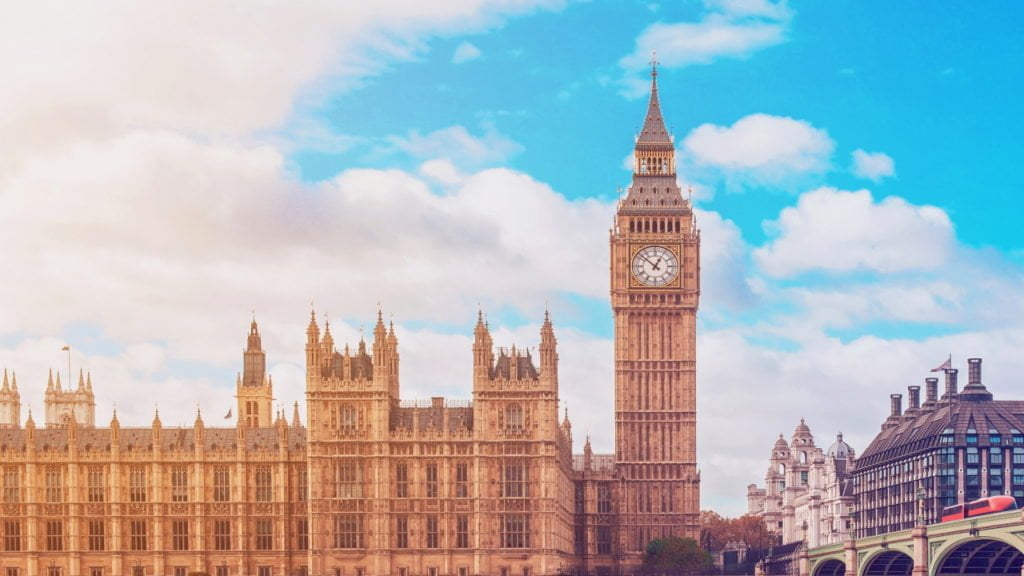
In the recent decision of University of Dundee v Chakraborty, the EAT held that legal privilege does not apply retrospectively to protect an original version of an investigation report that was subsequently amended upon legal advice.

Acas has published new guidance on staff suspensions, specifically in the context of disciplinary or grievance investigations.

The TUC recently published a report on racism and inequality in the workplace, finding that two in five people have experienced racism at work in the past five years.

The Queen’s state funeral is due to be held on Monday 19 September and has been declared a bank holiday. We discuss whether employees are entitled to be granted the day off work.

Whilst in some cases grievances can be resolved informally, where this is not possible employers will generally be required to carry out an investigation.

In Cowie and ors v Scottish Fire and Rescue Service, the EAT has held that an employer’s paid special leave policy during the Covid-19 pandemic did not give rise to discrimination arising from disability or indirect sex discrimination under the Equality Act 2010.

Data subject access requests (DSARs) are increasingly being used by employees as a pre-litigation fishing expedition in the context of disciplinary or grievance procedures.

In Harpur Trust v Brazel, the Supreme Court unanimously ruled that part-year workers who are engaged under permanent contracts are entitled to 5.6 weeks of annual leave, and their entitlement should not be reduced pro rata to reflect the number of hours they work.

In the case of Bailey -v- Garden Court Chambers, an Employment Tribunal has found that Ms Bailey’s gender critical views, which included views about Stonewall’s campaigning on gender self-identity, were a protected belief under the Equality Act 2010.

Status is key in determining individual rights and protections and the new guidance aims to provide clarity to help both individuals know their rights and businesses understand their obligations.










